English version below
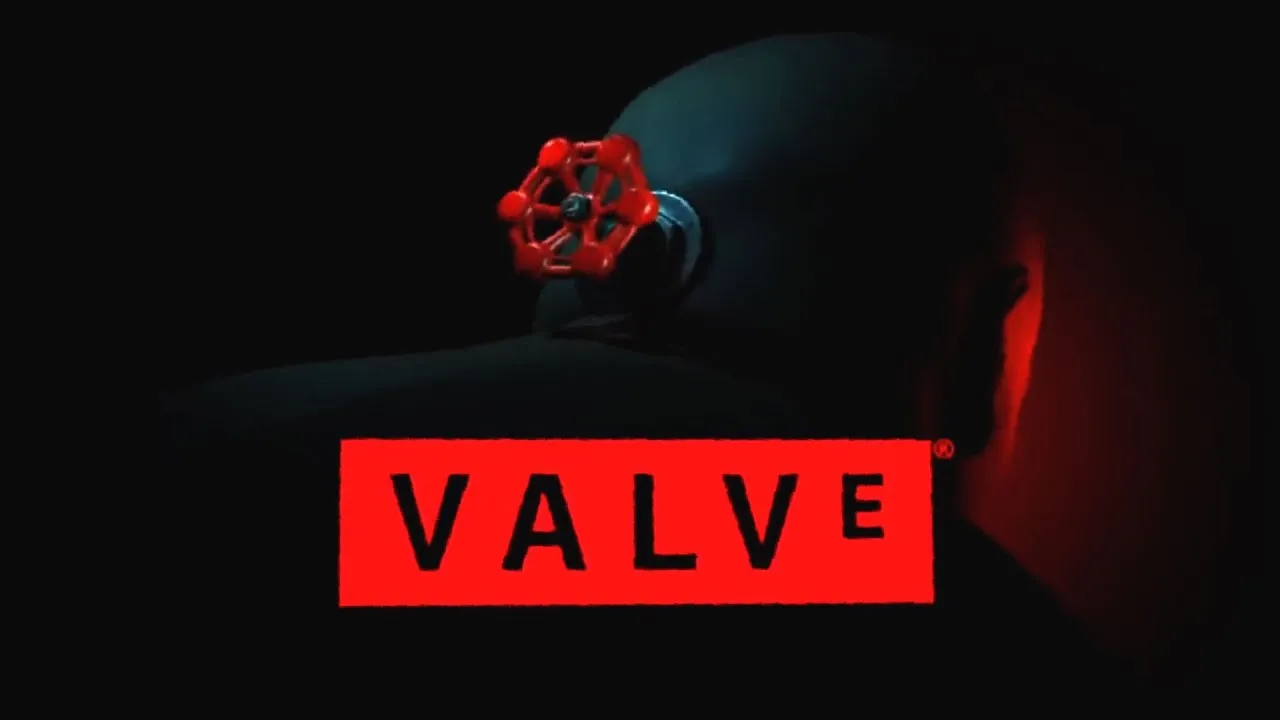
¡Hola a todos!
Bienvenidos a este post.
He estado un poco desconectado de acá por diferentes motivos, aunque la mayoría de ustedes ya saben el por qué haha. Hoy voy a estar comentando un poco la historia y evolución de una de las desarrolladoras mas icónicas del videojuego, dueña de la plataformas de distribución de videojuegos más grande del mundo con más de 100 millones de cuentas activas y creadora de algunos de los títulos más jugados de siempre como Half-Life, Counter Strike y Portal. Para muchos no es una simple compañía de videojuegos sino que tambien representa todo lo que una desarrolladora debe ser para sus jugadores, en Valve siempre se ha priorizado dar un servicio del más alto nivel a sus clientes incluso a coste de tener perdidas en su balance total, en este post vamos a repasar algunos de los momentos clave de la compañia y por qué aun siguen siendo uno de los gigantes del videojuego.
Los comienzos de Valve se pueden remitir a Gabe Newell y Mike Harrington, dos trabajadores veteranos de Microsoft que veian el boom de los videojuegos desde muy cerca y un dia decidieron dejar la compañia para fundar la suya propia, Valve. La apuesta de estos dos en 1996 era la de desarrollar un motor grafico que facilitase la creacion de videojuegos a todo tipo de creativos, de esta forma nacieron varias herramientas como el motor GoldSrc (que vendria siendo una modificacion de un motor publicado por id Software) y que dieron paso para que Valve creara el videojuego Half-Life, quiza uno de los mas importantes de la historia combinando el genero de disparos en primera persona con elementos de terror y features como las cinematicas, npcs con conductas especificas y una muy buena ambientacion para la epoca.
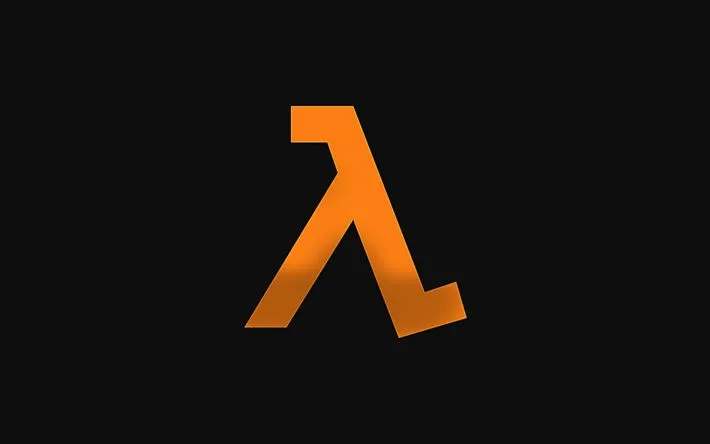
Half-Life en su momento fue un enorme paso adelante a la forma en la que se hacian los videojuegos, toda la escena de estudios y desarrolladoras estuvo cambiando a lo largo de los 90 pero el verdadero exito de Valve se dio poco tiempo despues, en la compañia no eran ajenos a lo que la comunidad podia hacer y el potencial que esta representaba y cuando unos muchachos en la web desarrollaron una modificacion de Half-Life inclinandola mas a un shooter tactico en donde se enfrentaban dos facciones en un entorno multijugador, Vale no dudo en contratar a estos desarrolladores y crear con ellos uno de los shooters que iban a marcar el entorno multijugador para siempre, Counter-Strike iba a reunir a los jugadores a lo largo de los años e iba a elevar las ganancias de Valve hasta el nivel de las compañias top, impulsando sus otros proyectos al mismo tiempo que ellos creaban un espacio de reunion para los jugadores, en Valve habia un objetivo enfocado en el PC moderno y este nuevo exito iba a ayudar a que nuevos jugadores se embarcaran en el proximo proyecto de la compañia.
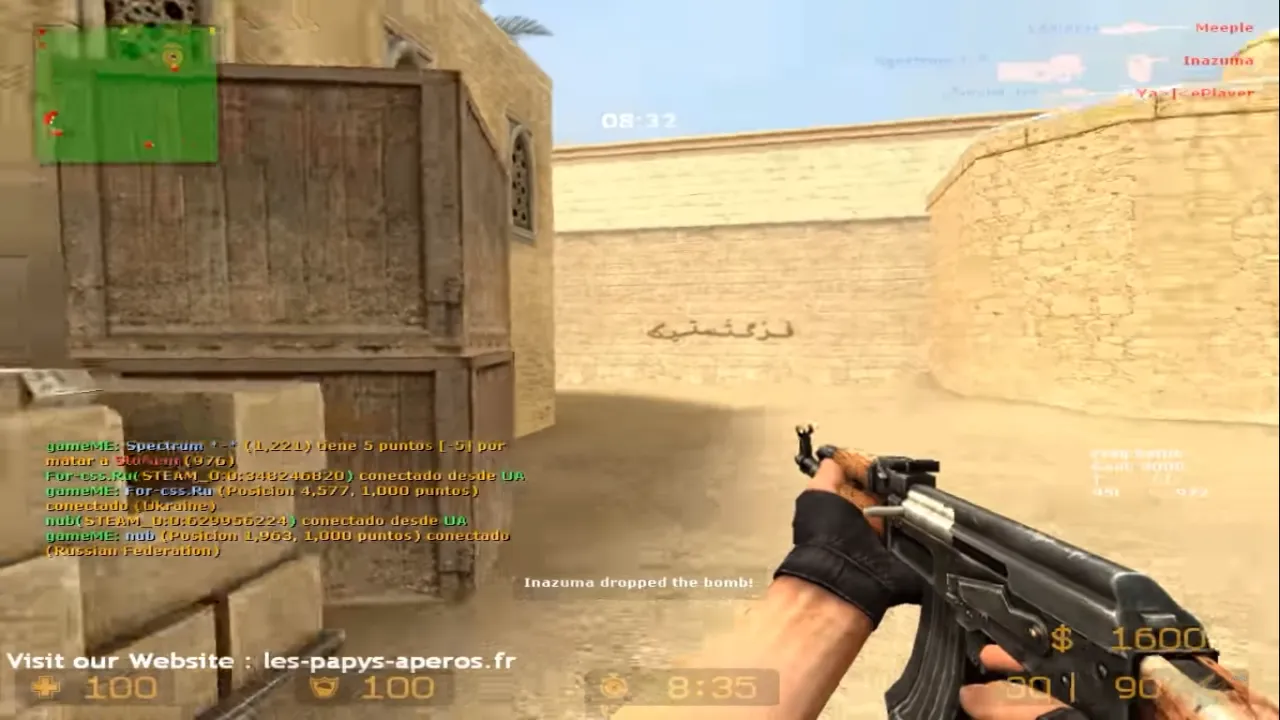
El nuevo milenio abria posibilidades nuevas a lo que iba a ser el futuro de la compañia, los servicios, lanzaron su tienda de juegos online Steam, siendo pionero en muchos aspectos en una epoca en donde el internet aun se estaba asentando y las compras online aun no eran demasiado populares, Steam ofrecia ganancias altas a quienes quisiesen poner su juego en sus tiendas y esto a su vez le abrio la posibilidad despues a desarrolladores independientes para dar a conocer sus trabajos, el proyecto de Steam tenia mucho potencial para convertirse en el standard de la industria y en algunos años lo seria pero por ahora Valve, con pequeños pasos queria ir jugando sus cartas y no comprometerse con algun proyecto demasiado arriesgado.
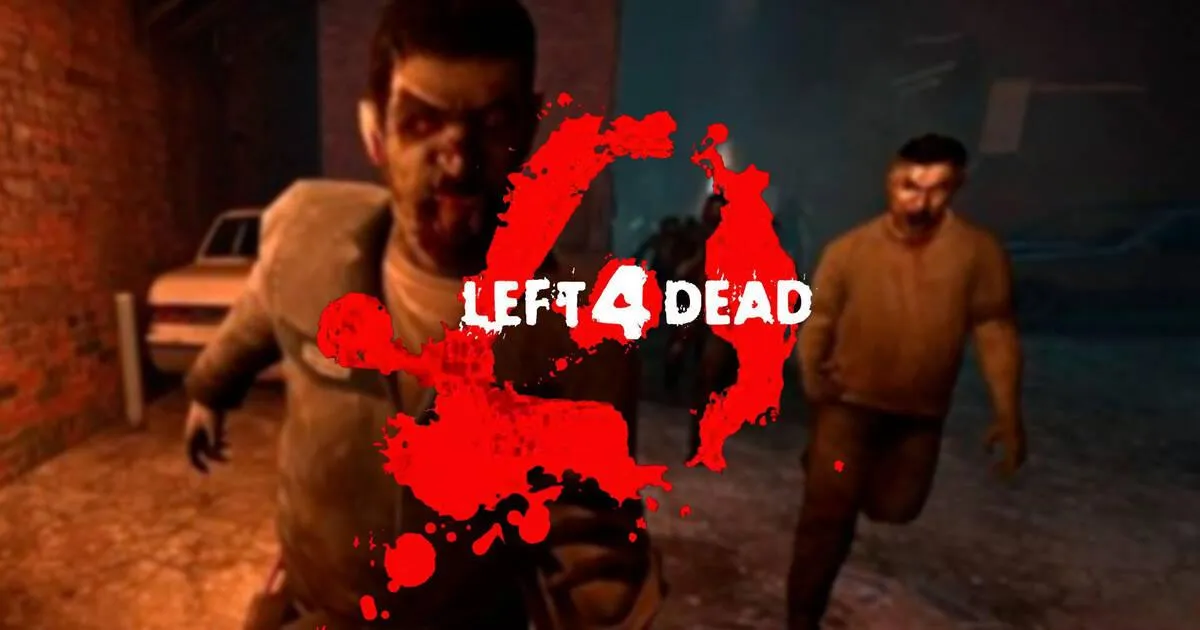
Antes de meterse en la apuesta tan arriesgada que iba a ser Steam en Valve quisieron primero desarrollar algunas entregas como Team Fortress que giraba aun mas a la accion en un shooter en primera persona, Left 4 Dead que hacia lo mismo cambiando la tematica a zombies y que seguramente muchos han visto en este perfil, asi como Half-Life 2 y varias versiones de la saga de Counter-Strike que dejaban a Valve en una muy buena situacion para allanar aun mas el terreno en el que construirian el imperio de los juegos de PC, hablando este mercado, Microsoft tenia casi un monopolio sobre estos sistemas teniendo en su haber muchas de las tiendas y herramientas que se usaban para adquirir juegos pero poco a poco Steam fue agarrando mucha fuerza en especial con el enfoque que tenian de poner todos los juegos que podian en paquetes de descuentos y viendo el videojuego digital como una forma mucho mas eficiente de llegar a los jugadores.
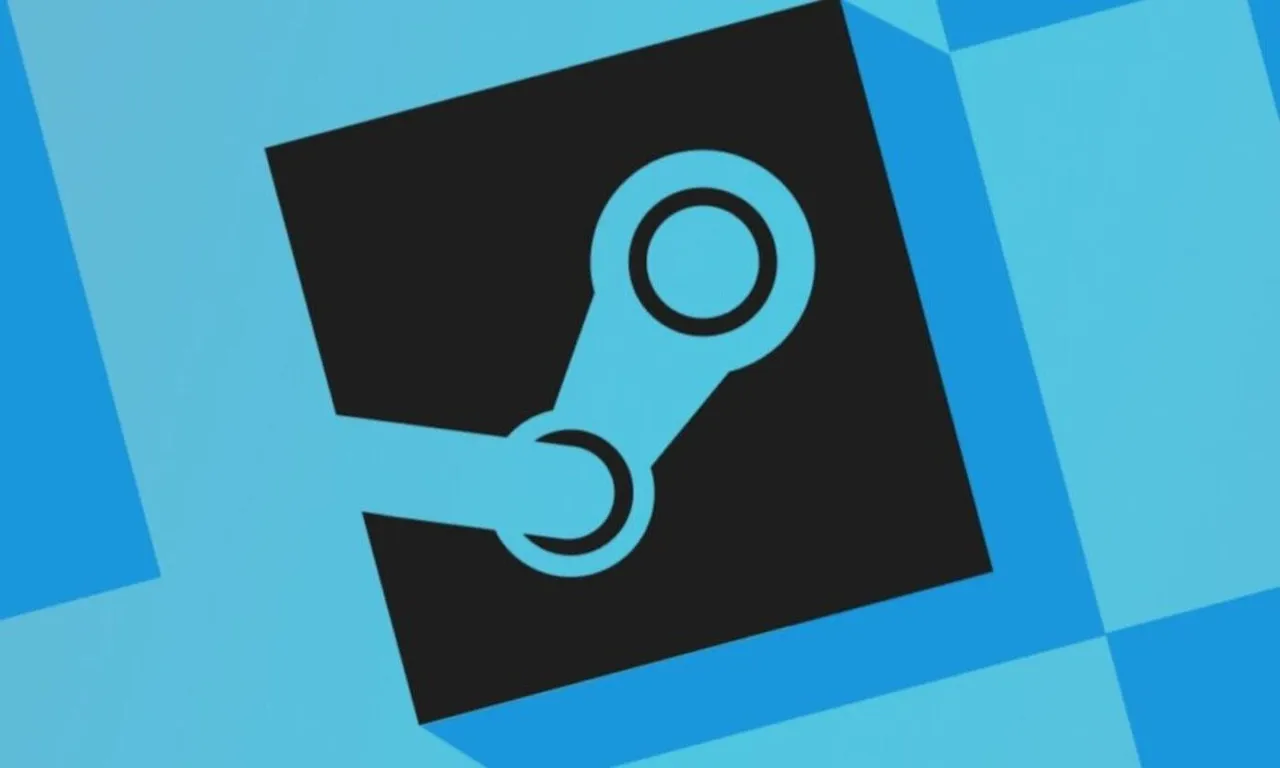
Esta plataforma de juegos fue creciendo hasta ocupar mucho mas del 60% del mercado de PC hoy en dia, la transicion de juegos a servicios de Valve es una de las mas llamativas de la historia del videojuego, pasando de titulos emblematicos como Portal y su secuela a practicamente no sacar ningun juego en la decada siguiente, incluso la secuela de este juego se hizo con una participacion reducida por parte de Valve enfocando todos sus esfuerzos en el objetivo principal de la empresa en ese momento, podria decirse que desde la desarrolladora se intento asemejarse mucho mas a Nintendo que crea juegos al mismo tiempo que desarrolla Hardware para sacar al mercado, era claro que Steam era el principal producto que podia ofrecer Valve pero iba a construir tambien algo aun mas grande detras, una incursion que aseguraria un puesto entre los grandes a Valve.
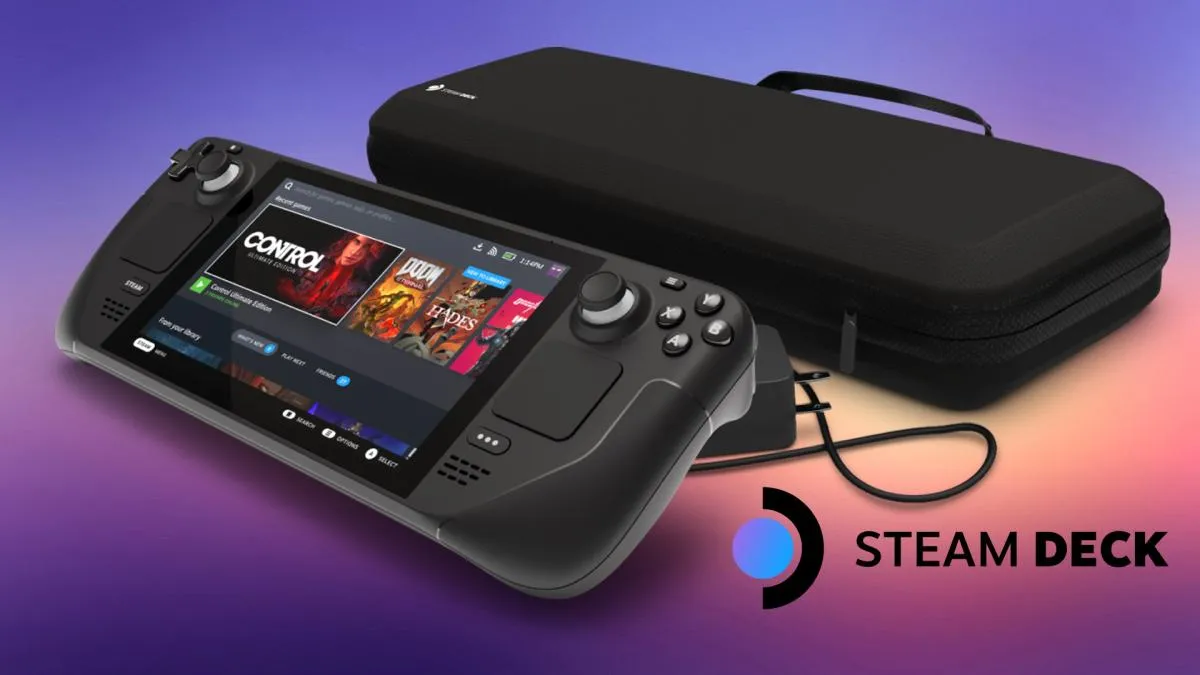
Steam Deck esta siendo la mayor apuesta que ha hecho Valve hasta la fecha, teniendo que incursionar en un terreno que si bien no es desconocido para la compañia si que tiene algunos retos unicos en especial si contamos que esta nueva consola se ha lanzado en el contexto de una pandemia mundial, la Steam Deck que se vendia como una PC que puedes llevar a donde sea (una laptop gaming lmao) ha tenido problemas de suministros asi como varios de los problemas idoneos que han tenido diferentes pesos pesados como Microsoft y Sony, aunque siendo Valve la compañia que es,, tengo confianza en que van a poder llevar a esta consola lejos y solo hay que ver lo que ofrece y la comunidad de jugadores que tiene detras, estoy seguro que veremos rapidamente un incremento en los usuarios de Steam Deck asi como una consolidacion de una de las pocas desarrolladoras que me parece tienen una relacion bastante solida con los jugadores y ademas son lo suficientemente sensibles para saber lo que quieren, te quiero mucho Valve...
Y eso ha sido la historia desde mi perspectiva de uno de esos estudios que me estremece cada vez que hace algo,, si te gusta este formato de post entonces encantado puedo hacer mas, estare mucho mas activo en los proximos dias asi que si tienes algun tema en mente solo dime.
Muchas gracias por leer todo esto.
Fuente de las imagenes
1 , 2 , 3 , 4 , 5 , 6

Hi everyone!
Welcome to this post.
I' ve been a bit disconnected from around here for different reasons but better late than never to bring you a blog post! Today I'm going to be talking a little bit about the history and evolution of one of the most iconic video game developers, owner of the largest video game distribution platform in the world with over 100 million active accounts and creator of some of the most played titles ever like Half-Life, Counter Strike and Portal, for many it is not just a video game company but also represents everything that a developer should be for its players, Valve has always prioritized giving the highest level of service to its customers even at the cost of having losses in its balance sheet, in this post we will review some of the key moments of the company and why they still remain one of the giants of the video game.
Valve's beginnings can be traced back to Gabe Newell and Mike Harrington, two veteran Microsoft workers who saw the video game boom from up close and one day decided to leave the company to found their own, Valve. The bet of these two in 1996 was to develop a graphics engine that would facilitate the creation of video games to all types of creative, thus were born several tools like the GoldSrc engine (which would be a modification of an engine published by id Software) and that gave way for Valve to create the video game Half-Life, perhaps one of the most important in history by combining the genre of first-person shooter with horror elements and features such as cinematics, npcs with specific behaviors and a very good atmosphere for the time.

Half-Life at the time was a huge step forward to the way in which video games were made, the whole scene of studios and developers was changing throughout the 90s but the real success of Valve came shortly after, in the company were no strangers to what the community could do and the potential that this represented and when some guys on the web developed a modification of Half-Life inclining it more to a tactical shooter where two factions faced in a multiplayer environment, Valve did not hesitate to hire these developers and create with them one of the shooters that would mark the multiplayer environment forever, Counter-Strike would bring players together over the years and would raise Valve's profits to the level of the top companies, boosting their other projects at the same time that they created a meeting place for players, in Valve there was a focus on the modern PC and this new success would help new players to embark on the next project of the company.

The new millennium opened up new possibilities for what was to be the company's future, services, they launched their online game store Steam, pioneering in many ways at a time when the internet was still in its infancy and online shopping was not yet very popular, Steam offered high profits to those who wanted to put their game in their stores and this in turn opened the possibility then to independent developers to publicize their work, the Steam project had much potential to become the industry standard and in a few years it would be but for now Valve, with small steps wanted to go playing their cards and not commit to any project too risky.

Before getting into the risky bet that was going to be Steam, Valve first wanted to develop some games like Team Fortress that turned even more to action in a first person shooter, Left 4 Dead that did the same changing the theme to zombies and that surely many have seen in this profile, as well as Half-Life 2 and several versions of the Counter-Strike saga that left Valve in a very good position to pave even more the ground on which they would build the empire of PC games, speaking this market, Microsoft had almost a monopoly on these systems having in its possession many of the stores and tools that were used to acquire games but gradually Steam was grabbing a lot of strength especially with the approach they had to put all the games they could in discount packs and seeing the digital video game as a much more efficient way to reach players.

This gaming platform was growing to occupy much more than 60% of the PC market today, the transition from games to Valve services is one of the most striking in the history of video games, going from flagship titles like Portal and its sequel to virtually no game in the next decade, even the sequel to this game was made with a reduced participation by Valve focusing all its efforts on the main objective of the company at that time, It could be said that from the developer tried to be much more like Nintendo that creates games while developing hardware to bring to market, it was clear that Steam was the main product that could offer Valve but was also going to build something even bigger behind, an incursion that would ensure a place among the great Valve.

Steam Deck is being the biggest bet that Valve has made to date, having to venture into a field that while not unknown to the company if it has some unique challenges especially if we count that this new console has been launched in the context of a global pandemic, the Steam Deck that was sold as a PC that you can take anywhere (a laptop gaming lmao) has had supply problems as well as several of the problems that have had different idoneos heavyweights like Microsoft and Sony, although being Valve the company that it is, I am confident that they will be able to take this console far and just look at what it offers and the community of players that has behind it, I am sure we will quickly see an increase in Steam Deck users as well as a consolidation of one of the few developers that I think have a pretty solid relationship with the players and also are sensitive enough to know what they want, I love you very much Valve. ..
And that has been the story from my perspective of one of those studios that makes me shudder every time they do something, if you like this post format then I'm happy to do more, I'll be much more active in the next few days so if you have a topic in mind just let me know.
Thank you very much for reading all this.